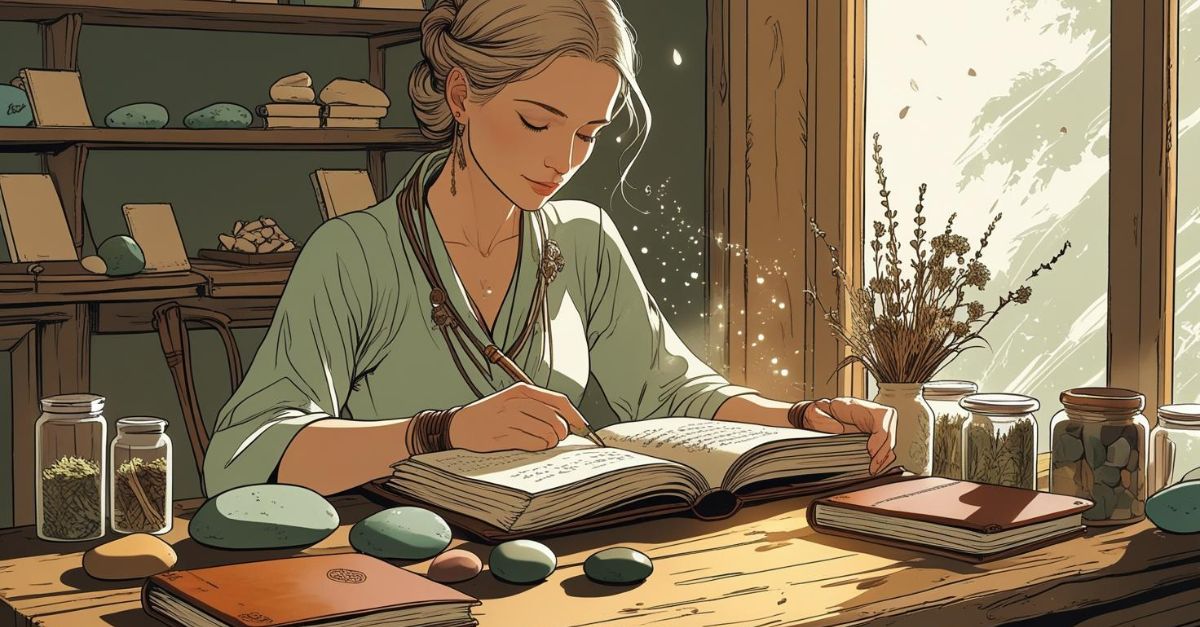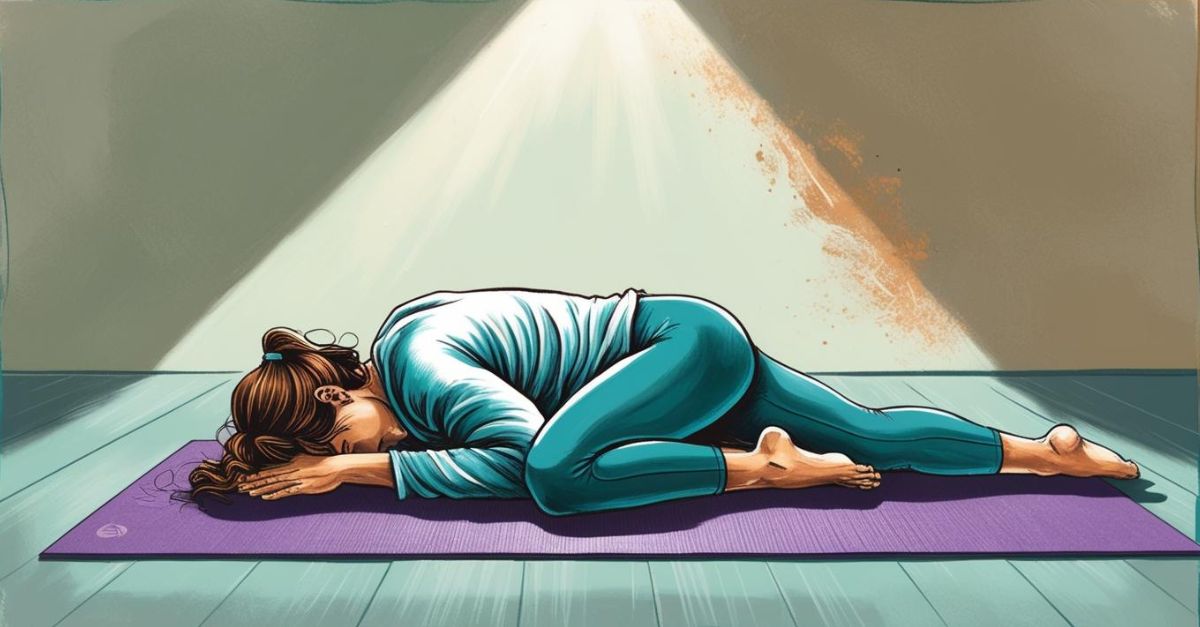WHY HEALERS NEED TO KEEP DOING THEIR OWN WORK
WHY HEALERS NEED TO KEEP DOING THEIR OWN WORK Read More »
In the world of healing and spiritual practice, there’s a persistent myth that practitioners must reach a state of complete healing before they can serve others. The “healed healer” ideal is quietly reinforced through marketing language, social media performance, and even some training spaces. It implies that personal mastery must precede professional service, and that those still navigating their own struggles should step back until they are somehow “finished.” But healing doesn’t work like that. And neither does mastery.










